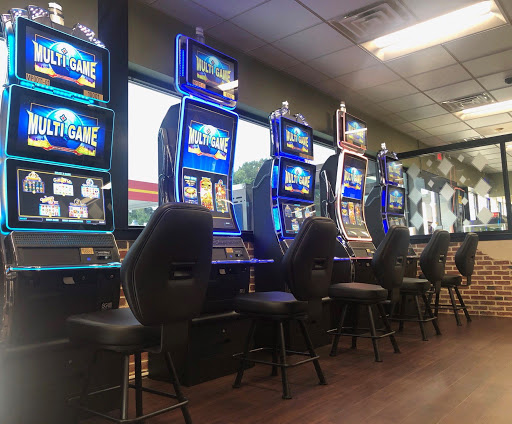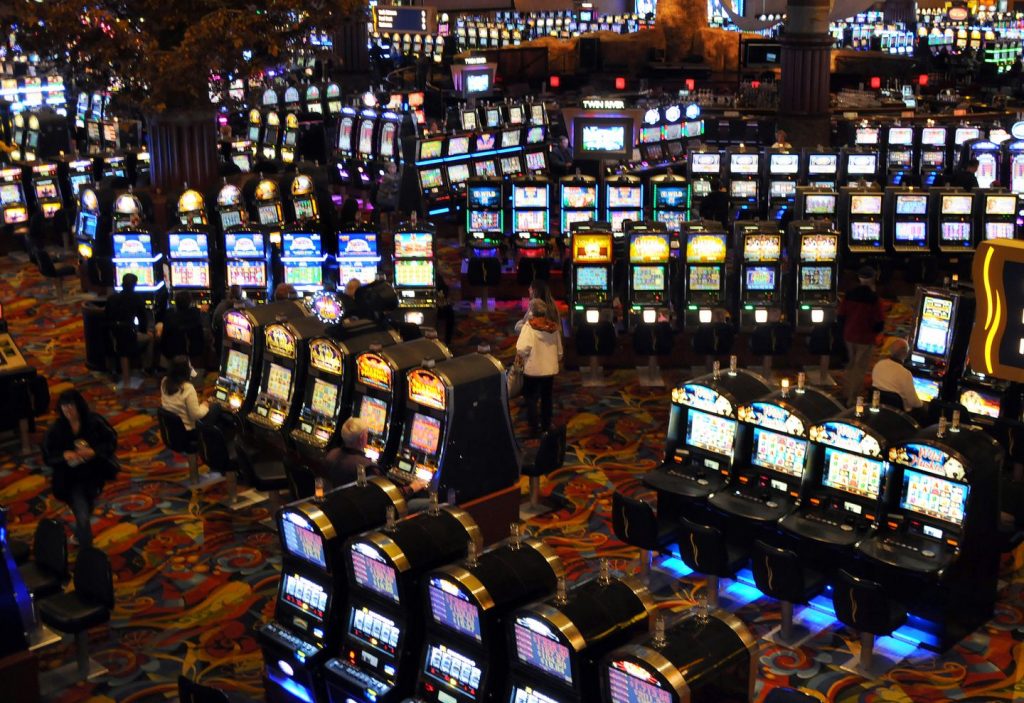Legal gambling—both online and in-person—has been taking the US by storm for the better part of the last decade. On the East Coast, it would be quicker to name the states that do not have gambling than it would be to name the states that do. The same can be said for the middle of the country as well, with states like Michigan, Ohio, and Indiana embracing gambling in its various forms. One state that stands out for its reluctance to take casino gambling legalization seriously is Texas. Despite it being one of the biggest and wealthiest states in the country, Texas residents are forced to drive into neighboring Oklahoma or Louisiana to gamble legally.
While there is currently nothing on the books legislation-wise that points to the legal landscape of gambling in Texas changing, some real estate moves by casino interests have people paying attention. Casino-owners are increasingly turning their eye towards Texas, and we would be remiss if we were to ignore this fact.
Property Purchases and Collaborative Deals
2024 barely began before the Las Vegas Sands Corporation was making headlines in Texas, of all places. It was reported on January 2nd that the casino giant would be purchasing a few properties located near downtown Dallas. The properties were acquired from billionaire Mark Cuban when Sands purchased a controlling stake in the NBA’s Dallas Mavericks late last year. In total, the Dallas-area properties now under the ownership of Las Vegas Sands are worth nearly $50 million.
downtown Dallas. The properties were acquired from billionaire Mark Cuban when Sands purchased a controlling stake in the NBA’s Dallas Mavericks late last year. In total, the Dallas-area properties now under the ownership of Las Vegas Sands are worth nearly $50 million.
VICI Properties, which owns Caesars Palace in Las Vegas as well as many other gambling destinations, teamed up with Canyon Ranch last year. Canyon Ranch is a resort and spa owner that manages quite a few properties across Texas. The “long-term partnership” is aimed at expanding Canyon Ranch’s reach across Texas over the next decade. In all, VICI paid more than $200 million to be a part of this deal.
These are only two examples of casino interests taking a special interest in Texas, but they are two of many recent examples. In speaking to the Dallas Morning News, local property manager Jeanette Rice explained the recent interest by saying, “Texas is the land of opportunity. We have 30 million residents and many certainly would be interested in having casinos closer than a drive to Oklahoma. If the regulatory doors are open to such moves, I imagine that many gaming groups would be salivating at the opportunity to expand into Texas.”
What Can We Expect in 2024?
As far as changes to the legal casino gambling landscape in Texas, I would not be expecting much of anything to happen in 2024. Even though big names in real estate and casino ownership are taking an increasing interest in Texas, state lawmakers have not given the subject of legalized gambling much attention at all. As the likes of Sands and VICI become more entrenched in the Lonestar State it is to be expected that the lobbying dollars will soon follow.
2024 may not be a pivotal year in terms of Texas casino legislation, but it is looking more and more like a pivotal year for so many other reasons. If nothing else, it is highly likely that we look back on 2024 as the year that really got the ball rolling when it comes to legal and online casinos in Texas.
 American tribes. As it presently exists, North Carolina state law does not sanction the existence of casinos, whether online or otherwise. For this reason, the only casinos you will find are located far from major population centers like Raleigh and Charlotte, making them difficult to access for the overwhelming majority of North Carolinians. Lawmakers who are looking to secure both increased tax revenue for the state and reelection for themselves have taken note of the warming views on casino gambling and are beginning to discuss the steps needed to be taken to make North Carolina more competitive with its east coast neighbors, particularly Virginia.
American tribes. As it presently exists, North Carolina state law does not sanction the existence of casinos, whether online or otherwise. For this reason, the only casinos you will find are located far from major population centers like Raleigh and Charlotte, making them difficult to access for the overwhelming majority of North Carolinians. Lawmakers who are looking to secure both increased tax revenue for the state and reelection for themselves have taken note of the warming views on casino gambling and are beginning to discuss the steps needed to be taken to make North Carolina more competitive with its east coast neighbors, particularly Virginia. something that allows police from essentially any jurisdiction in the world to apprehend a subject for a variety of different criminal activities. Being sought after by Interpol is a big deal, and in most parts of the world it is only a matter of time until you are caught, especially if the Chinese government is after you.
something that allows police from essentially any jurisdiction in the world to apprehend a subject for a variety of different criminal activities. Being sought after by Interpol is a big deal, and in most parts of the world it is only a matter of time until you are caught, especially if the Chinese government is after you.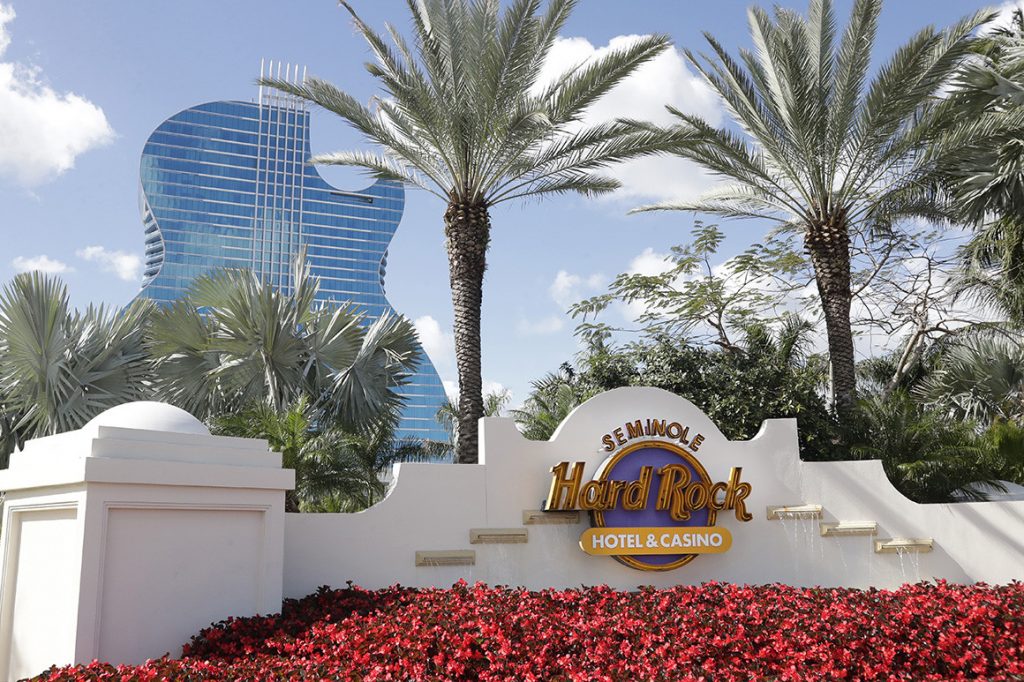
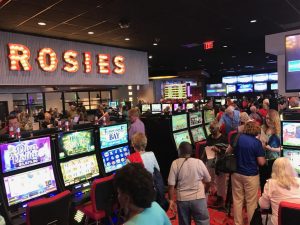
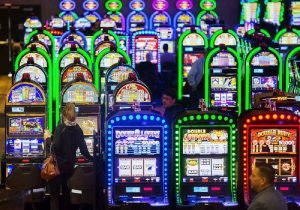 “We are licensed as a casino,”
“We are licensed as a casino,”  have placed in us by bringing 1,300 good-paying jobs, tourism dollars and economic development to the city, and we are incredibly excited to begin construction,”
have placed in us by bringing 1,300 good-paying jobs, tourism dollars and economic development to the city, and we are incredibly excited to begin construction,”  after three months of safe casino operation.
after three months of safe casino operation.